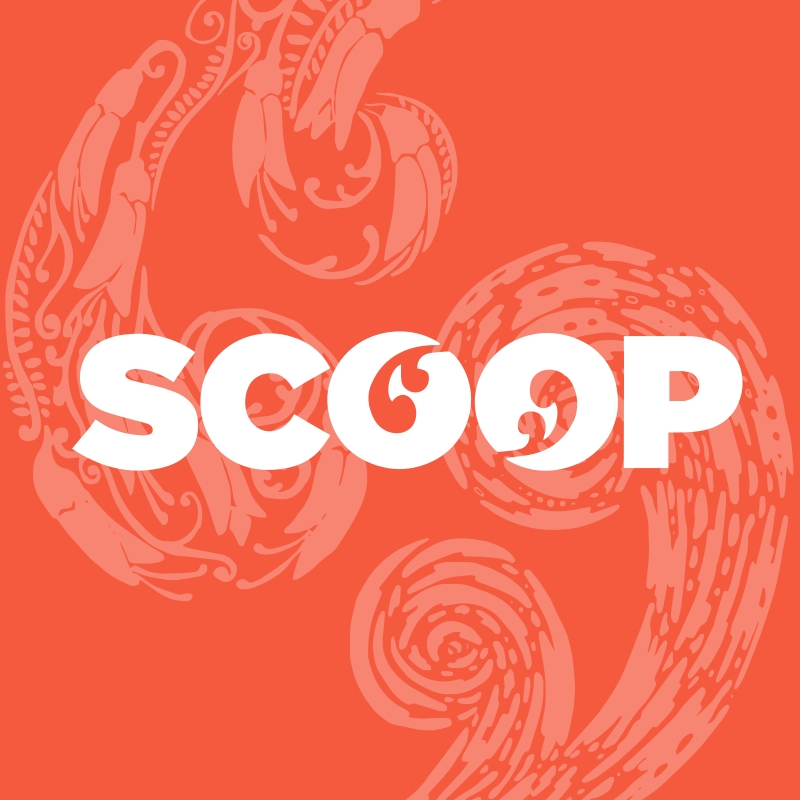
The Problem Gambling Foundation is launching an online
campaign during Gambling Harm Awareness Week, 4 to 10
September, to increase understanding about the risks of
gambling among rangatahi/young people and encourage them to
test their gambling if they think it could be negatively
impacting their lives.
A recent survey revealed that
46 percent of youth aged 16–24 had gambled in the last
year and a study into New Zealand secondary school
students’ gambling found that one in three had
participated in gambling at some point in their lives. Of
this subgroup, 11 percent were worried about their own
gambling.
Andree Froude, Problem Gambling Foundation
Director of Communications, says gambling is becoming more
normalised for young people and there is increasing concern
worldwide about the crossover of gaming with gambling that
has potential to put young people at risk of harmful
gambling.
“We are seeing aggressive marketing from
online gambling operators on social media platforms, an
increase in sports betting promotion for large sporting
events such as the TAB being official supporter of the
recent FIFA Women’s World Cup, and game developers using
gambling mechanisms like loot boxes within popular PC
games,” she says.
There is a growing body of
research linking loot boxes and a young person’s
likelihood of experiencing gambling harm in later life. A
recent paper examined loot boxes in 22 games rated as
appropriate for audiences 17 years of age or younger. The
results revealed that these loot boxes have structural and
psychological similarities with gambling and that nearly
half (45%) of the games analysed met all five of the
psychological criteria to be considered a form of
gambling.
The campaign launch will coincide with the
start of this year’s Rugby World Cup and aims to educate
people on how to block gambling advertisements and promote
access to the e-screener “test your gambling”
tool.
Andree Froude says the campaign aims to empower
young people to make informed decisions and to seek help if
they need to.
“It’s also helpful for parents to
understand some of the risks associated with gambling and
gaming and how it can impact their children,” she
says.
To find out more about your gambling, take the
test here.
Further
information on gaming and loot boxes is available here
and on how to block advertisements on YouTube is here.
Free
and confidential support is available for anyone impacted by
harmful gambling www.pgf.nz
Background
- Gambling
Harm Awareness Week is held every year in the first week of
September and is the major awareness raising week for
harmful gambling in Aotearoa. - Research shows that
one in five New Zealand adults (22 percent) are affected at
some time in their lives by their own or others’
gambling. - Most of the money spent on gambling in New
Zealand comes from the relatively small number of people who
play pokies. - Most people accessing gambling harm
intervention services cite pub or club pokies as the primary
mode of gambling. - Research shows that Māori and
Pacific peoples, some Asian communities and young
people/rangatahi disproportionately experience gambling
harm. - Over $1 billion was lost on Class 4 pokie
machines (in pubs, clubs and TABs) over the year to March
2023. - Online gambling is largely unregulated in
Aotearoa with the TAB and Lotto the only two gambling
providers who can operate legally in the
country. - There are growing opportunities for online
gambling, including those offered by overseas-based gambling
operators, and their potential to increase harmful gambling
behaviour. Our Gambling Act 2003 does not provide regulation
for gambling on offshore online gambling
sites. - People using overseas gambling websites are
much more likely to be at risk of experiencing
harm.
ENDS
For
further information, please contact:
Andree
Froude
Director Marketing and Communications
PGF
Group
Ph: 027 489
4801